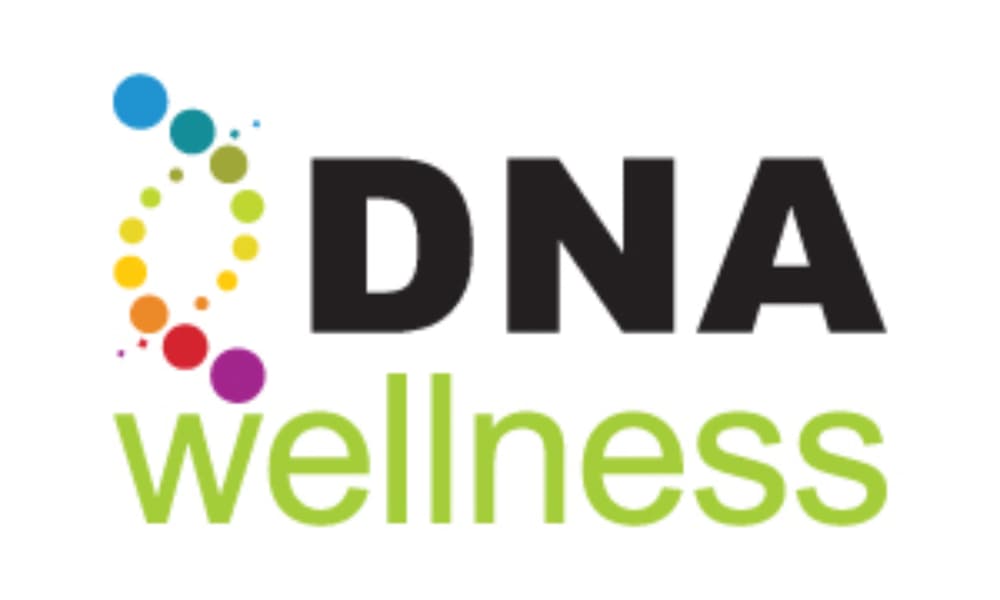Genomic startups are revolutionizing healthcare by offering personalized, DNA-based wellness strategies. Through genetic testing, these companies provide insights into disease risks, nutrition, fitness, mental health, and more.
The DNA of Wellness: How Genomic Startups Are Decoding Personalized Preventive Care
Written by Sumit Kaushik

In the era of precision medicine, your DNA is not anymore a genetic map—it's the master key to the door of a healthier, longer life. A next generation of genomic startups is combining state-of-the-art analysis of DNA and artificial intelligence to provide hyper-personalized health insights, triggering a revolution in preventive medicine.
From disease risk prediction to personalized nutrition and exercise, these firms are cracking open your individual genetic code to design tailored wellness programs. Welcome to the DNA-encoded future of medicine.
Why It's Hot
- Rising consumer demand for personalized health solutions
- Declining cost of genome sequencing (from $1,000 to <$100 in some instances)
- AI integration for quicker, more actionable genetic data
- Greater emphasis on prevention rather than reactive treatment
- Surge in direct-to-consumer genomics platforms (e.g., 23andMe, Helix, SelfDecode)
This union of accessibility, customization, and prevention is disrupting the definition of what it means to "know your body."
What Do Genomic Startups Really Do?
They take a saliva or cheek swab sample, analyze your DNA, and decipher principal genetic indicators for:
- Risk of disease (e.g., heart disease, diabetes, cancer)
- Nutrient requirements (e.g., vitamin deficiencies, lactose intolerance)
- Fitness reaction (e.g., muscle type, recovery rate)
- Sleep cycle
- Mental health predispositions (e.g., anxiety, ADHD, depression)
- Drug metabolism (pharmacogenomics)
Based on this information, they provide individuals with personalized health reports, lifestyle guidance, or even connect to health apps and wearable devices to optimize wellness in the moment.
From One-Size-Fits-All to You-Specific Health
Conventional health advice prefers to classify individuals in population averages. Genomic health turns that model upside down.
Example 1: Nutrition
Rather than generic diets, DNA advice can inform you whether you're genetically inclined to a high-fat Mediterranean diet or a low-carb diet.
Exercise Example 2:
Some gain muscle quicker with resistance training; others prefer cardiovascular exercise. Your genes can inform you.
Mental Health Example 3:
Genotypes such as COMT, MTHFR, and 5-HTTLPR can inform you of your stress response or how you metabolize serotonin—your mental health plan.
This degree of personalization increases early intervention, improved health outcomes, and moving away from "disease treatment" to wellness maintenance.
Startups Paving the Way
23andMe – Trailblazers of consumer DNA testing, now venturing into pharmaceutical research and risk assessment for chronic diseases.
SelfDecode – DNA analysis integrated with AI to deliver health-oriented reports, such as gut health, cognition, and inflammation.
Nutrigenomix – All about how genes influence nutrition and fitness, particularly for athletes and nutritionists.
GeneSight – Gives pharmacogenomic information to inform clinicians to prescribe the best medicines according to genetic compatibility.
Outside the Swab: Convergence with AI and Wearables
Several companies currently combine genomic information with real-time feedback from wearables (Oura Ring, Apple Watch, Fitbit) and health-tracking apps to provide:
- Live recommendations (e.g., "You’re genetically a slow caffeine metabolizer—avoid coffee after 2 PM.")
- Dynamic health alerts based on combined genetic + biometric data
- AI-generated longevity plans tailored to your unique biology
This holistic ecosystem—powered by your DNA—is where HealthTech is heading.
Challenges and Ethical Considerations
As promising as this is, genomic wellness comes with caveats:
Data privacy: Who owns your genetic data?
Health anxiety: Knowing your disease risk may increase stress without proper counseling.
Medical relevance: Not all of what is genicly informative in the clinic is actionabledis not just yet, anyway.
Equity: Genomic databases used in the databases tend to be more towards European and hence will present biased outcomes.
Clear expression, AI utilised ethically, and unbiased data sets are key as the industry matures.
The Future of Genomic Wellness
A future in which your exercise regime, your nutrition, your mental health practice, and even preventive therapies are guided not only by symptoms, but by your cellular signature.
Before long, your virtual duplicate of digital health—a replica of your genetic and biological profile—is being modeled treated, tracking levels of risk, and steering you towards optimal ageing.
The more genomic startups unlock our DNA and blend it with AI, data science, and wearable technology, preventive care tailored to each of us is no longer science fiction—it's tomorrow.
Conclusion
"The DNA of wellness" is no longer a metaphor—it’s a blueprint for the future of health. With genomic startups decoding what makes each of us unique, we’re entering an era where your genes guide your journey, and preventive care becomes as personal as your fingerprint.